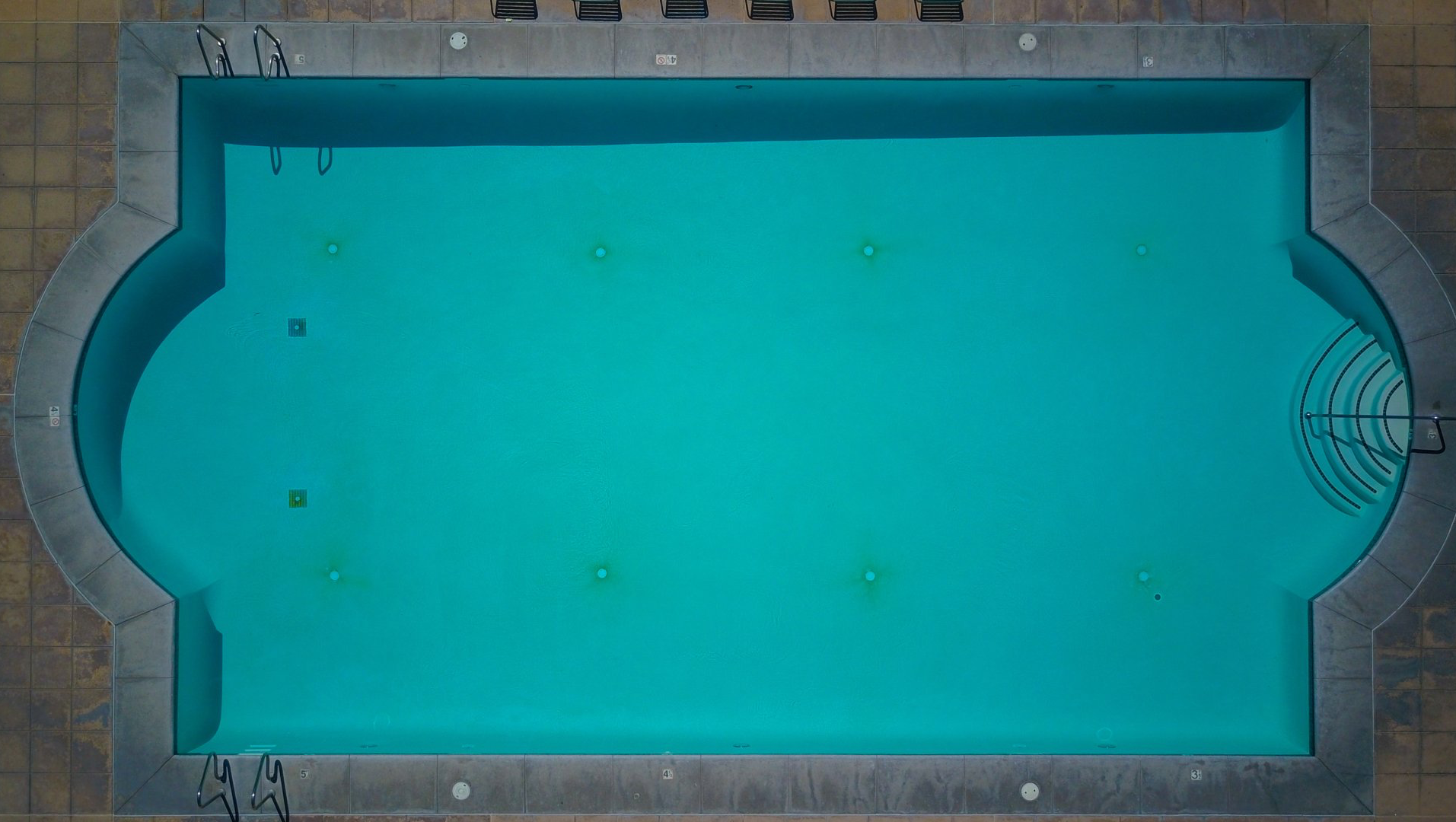Closing Your Pool for the Season - Part 1
September 23, 2020
Closing Your Pool for the Season - Part 1
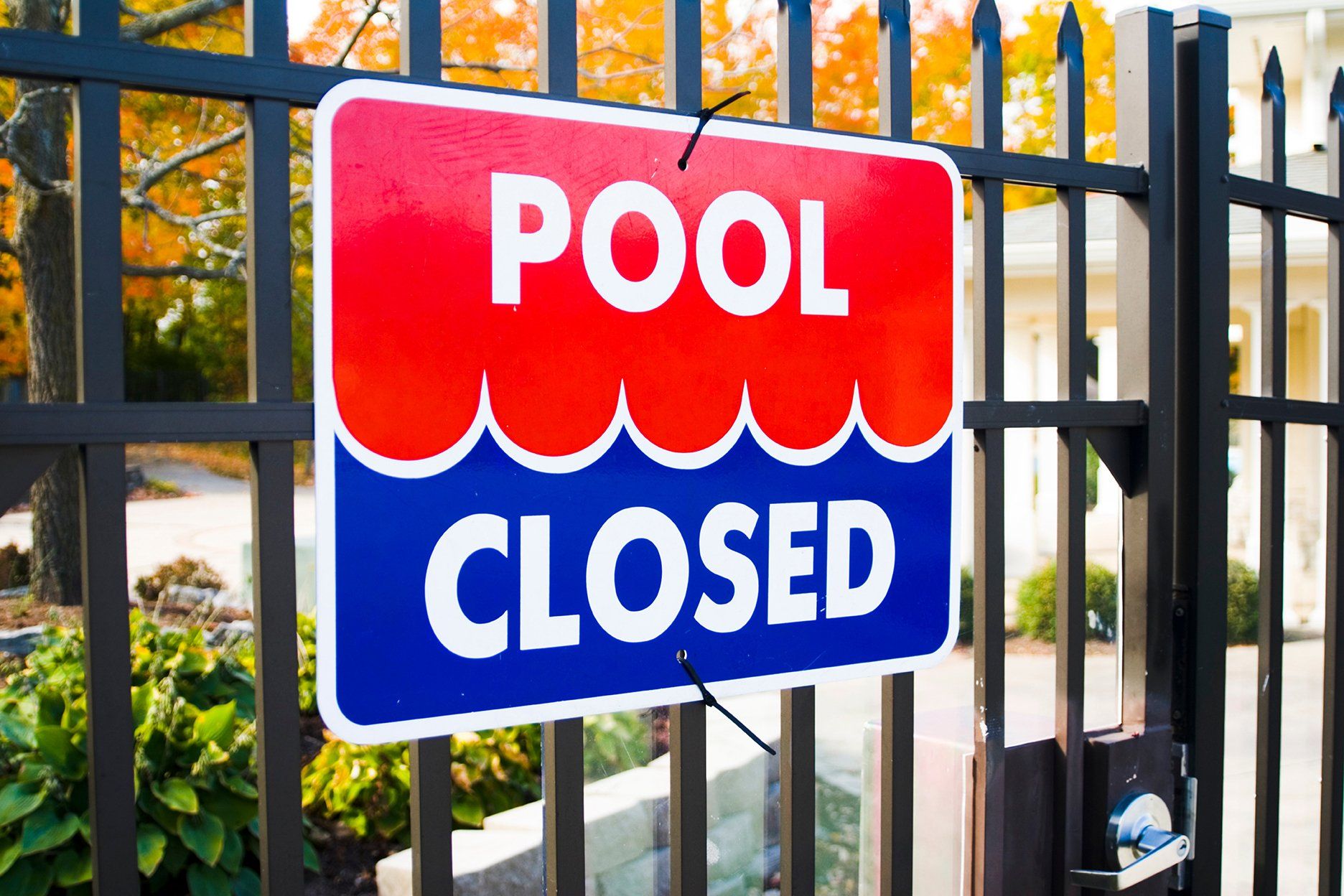
Summer is passing by, and this is a season that gives us maximum pool-time. Sunbathing, swimming, barbequing, and a lot more, the summer season gives us many opportunities to enjoy time with family and friends. As summer draws to an end, it is time to close your pool. Perhaps, closing the pool for the season seems like a massive pain in the bottom.
But let us warn you, opening the pool next season will be even worse if you don’t take care of the matter today. By closing the pool properly, you’ll be spending less resources to maintain it in the long run. Also, you won’t need loads of chemicals to turn that water swimmable next time. If you follow the right procedure, you might even increase the pool surface and equipment life.
Closing Your Pool for the Season
When closing your pool for the season, you need to cover it because if you leave it uncovered, you will have serious work ahead in the spring. Winterizing your pool reduces the risk of damage due to cold weather and debris that accumulates during the winter months.
Start Cleaning
Cleaning your swimming pool is important before you close it. Make sure to scrub and clean pool walls and floor thoroughly. Remove any floating debris, algae, and leaves. The brush you use for cleaning your swimming pool walls, and floor depends on the type of pool surface you have. For instance, if you have a plaster or concrete pool, use a stiff or wire pool brush. Vacuum your pool surface to remove debris and algae loosened while brushing. Don’t forget to clean under stairs and steps.
Test and Balance the Water Chemistry
When you are done with the pool cleaning, it is time now to test the pool water. You can do this with a test kit or take the water sample to a nearby pool store. They will do the pool water test and give you an accurate report. The Total Alkalinity level in your pool should vary between 80-120 ppm and pH level between 7.4-7.6. If these levels are too high, then other additives like chlorine cannot sanitize your pool properly.
Use Winterizing Chemicals
When you have checked the water chemistry and chlorine level in the pool, you can add winterizing chemicals. Here are some winterizing chemicals that you might need. Don’t worry. You might not need them all, depending on where you live and the type of water in your pool. Some of the winterizing chemicals you can use are metal sequestrant, pool enzymes, Winter Pill, and non-toxic pool antifreeze.
Shock Treatment Your Pool
When closing the pool, one critical component is the chlorine level. It helps in breaking down bacteria, prevents algae, and keeps your pool fresh and clean. Before you close your pool, giving shock treatment by hitting it with extra chlorine is a good idea. This shock treatment is not rocket science as you just need to bring your 10 PPM to 12 PPM and wait for a couple of days for the chlorine level to come down at its normal level that is 1.5 PPM - 3.5 PPM.
In the end
Covering your pool will protect it from foreign contaminants and rough weather. It will also help prevent any unwanted accidents. Closing your pool for the season will save you energy, time and money.
At Water & Pool Solutions, Inc., our experts ensure that you aren’t risking anyone’s well-being whenever they dive into the pool. We make it easy for you to enjoy your time poolside. For pool repairs and service—we do the best. So, call our pool experts at 334-264-2700 or contact us online and let us take over your pool troubles!
But let us warn you, opening the pool next season will be even worse if you don’t take care of the matter today. By closing the pool properly, you’ll be spending less resources to maintain it in the long run. Also, you won’t need loads of chemicals to turn that water swimmable next time. If you follow the right procedure, you might even increase the pool surface and equipment life.
Closing Your Pool for the Season
When closing your pool for the season, you need to cover it because if you leave it uncovered, you will have serious work ahead in the spring. Winterizing your pool reduces the risk of damage due to cold weather and debris that accumulates during the winter months.
Start Cleaning
Cleaning your swimming pool is important before you close it. Make sure to scrub and clean pool walls and floor thoroughly. Remove any floating debris, algae, and leaves. The brush you use for cleaning your swimming pool walls, and floor depends on the type of pool surface you have. For instance, if you have a plaster or concrete pool, use a stiff or wire pool brush. Vacuum your pool surface to remove debris and algae loosened while brushing. Don’t forget to clean under stairs and steps.
Test and Balance the Water Chemistry
When you are done with the pool cleaning, it is time now to test the pool water. You can do this with a test kit or take the water sample to a nearby pool store. They will do the pool water test and give you an accurate report. The Total Alkalinity level in your pool should vary between 80-120 ppm and pH level between 7.4-7.6. If these levels are too high, then other additives like chlorine cannot sanitize your pool properly.
Use Winterizing Chemicals
When you have checked the water chemistry and chlorine level in the pool, you can add winterizing chemicals. Here are some winterizing chemicals that you might need. Don’t worry. You might not need them all, depending on where you live and the type of water in your pool. Some of the winterizing chemicals you can use are metal sequestrant, pool enzymes, Winter Pill, and non-toxic pool antifreeze.
Shock Treatment Your Pool
When closing the pool, one critical component is the chlorine level. It helps in breaking down bacteria, prevents algae, and keeps your pool fresh and clean. Before you close your pool, giving shock treatment by hitting it with extra chlorine is a good idea. This shock treatment is not rocket science as you just need to bring your 10 PPM to 12 PPM and wait for a couple of days for the chlorine level to come down at its normal level that is 1.5 PPM - 3.5 PPM.
In the end
Covering your pool will protect it from foreign contaminants and rough weather. It will also help prevent any unwanted accidents. Closing your pool for the season will save you energy, time and money.
At Water & Pool Solutions, Inc., our experts ensure that you aren’t risking anyone’s well-being whenever they dive into the pool. We make it easy for you to enjoy your time poolside. For pool repairs and service—we do the best. So, call our pool experts at 334-264-2700 or contact us online and let us take over your pool troubles!
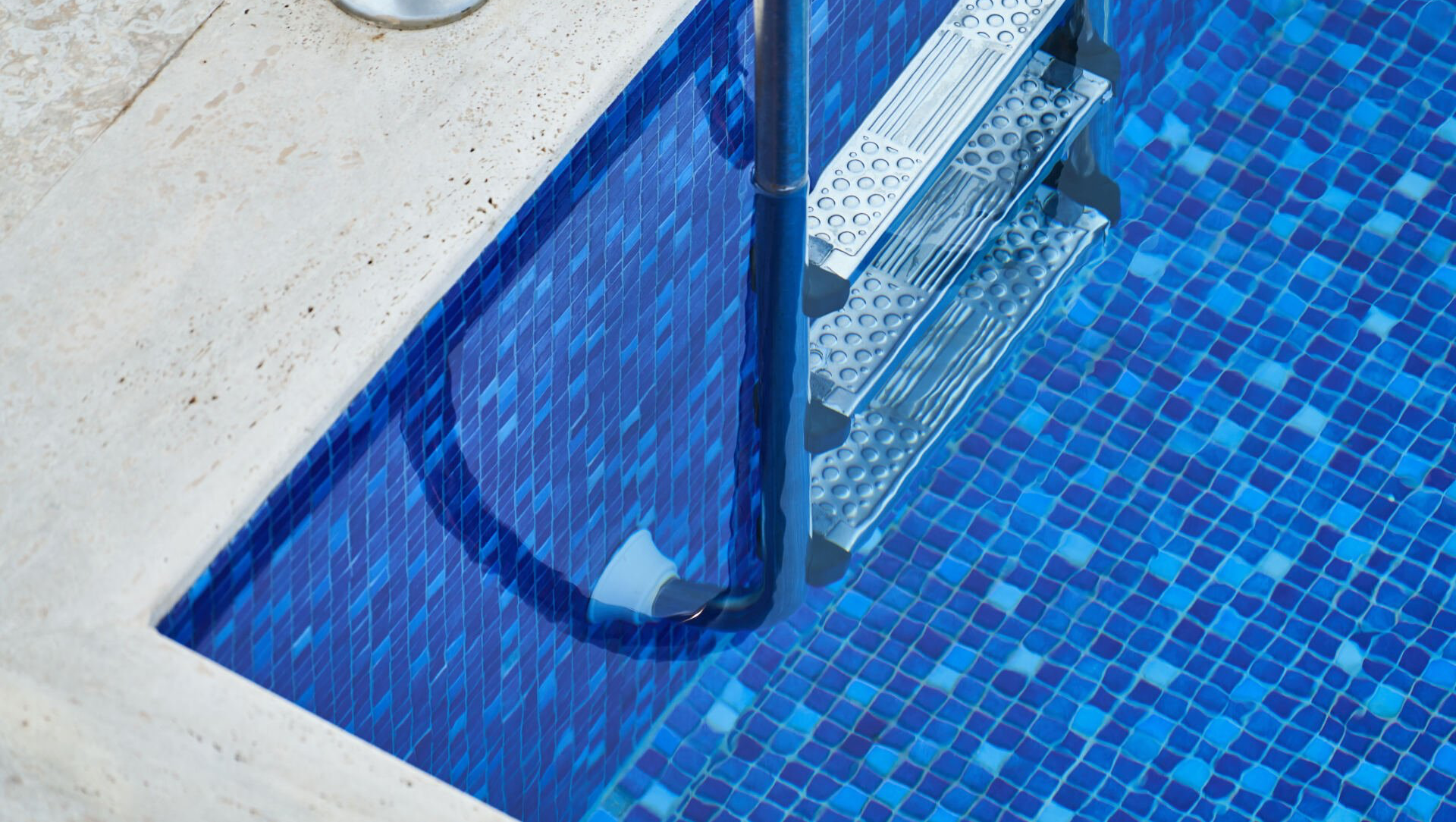
Is your pool liner looking a little worn or cracked down? A vinyl liner lasts between 10 & 15 years, however, several environmental changing factors can affect its lifespan. These rips & tears lead to leaks. Living in an area susceptible to groundwater issues can minimize the liner’s life. Plus, liner designed with incorrect specifications will also cause premature wear & tear. So, these are signs your pool needs a new liner.

It is that time of year again, folks! Giving, appreciating, reflecting, and enjoying are all part of the holiday season. Christmas is just around the corner. We have decked the halls and are ready to have a ball—are you?
We want to take a few moments of your time before we all get busy unwrapping gifts and throwing parties. We want to wish you all a Merry Christmas and a Happy Holidays.
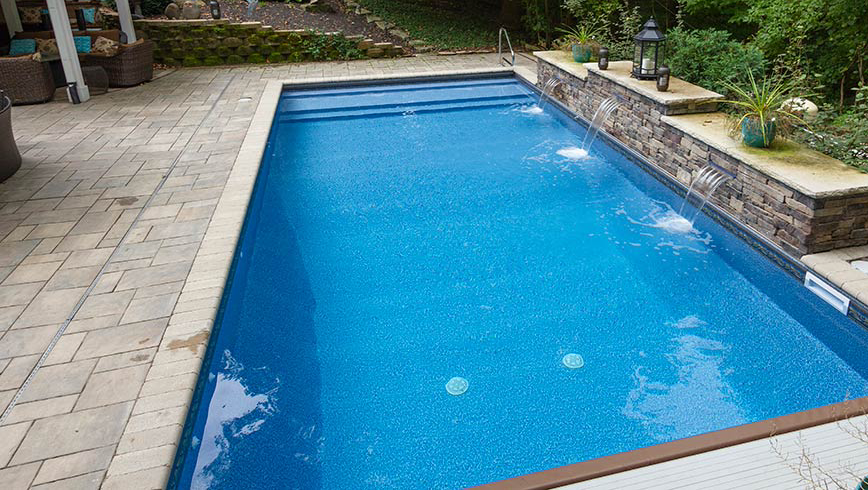
Do you live in Ft. Deposit, AL, or anywhere else in the Montgomery Metropolitan Area and want a clean and safe pool environment? If yes, you will have to invest in professional pool repair and maintenance services. Due to the lack of time or skills, many Alabama pool owners hire pool repair experts to eliminate their pool problems and have professionally maintained pools.
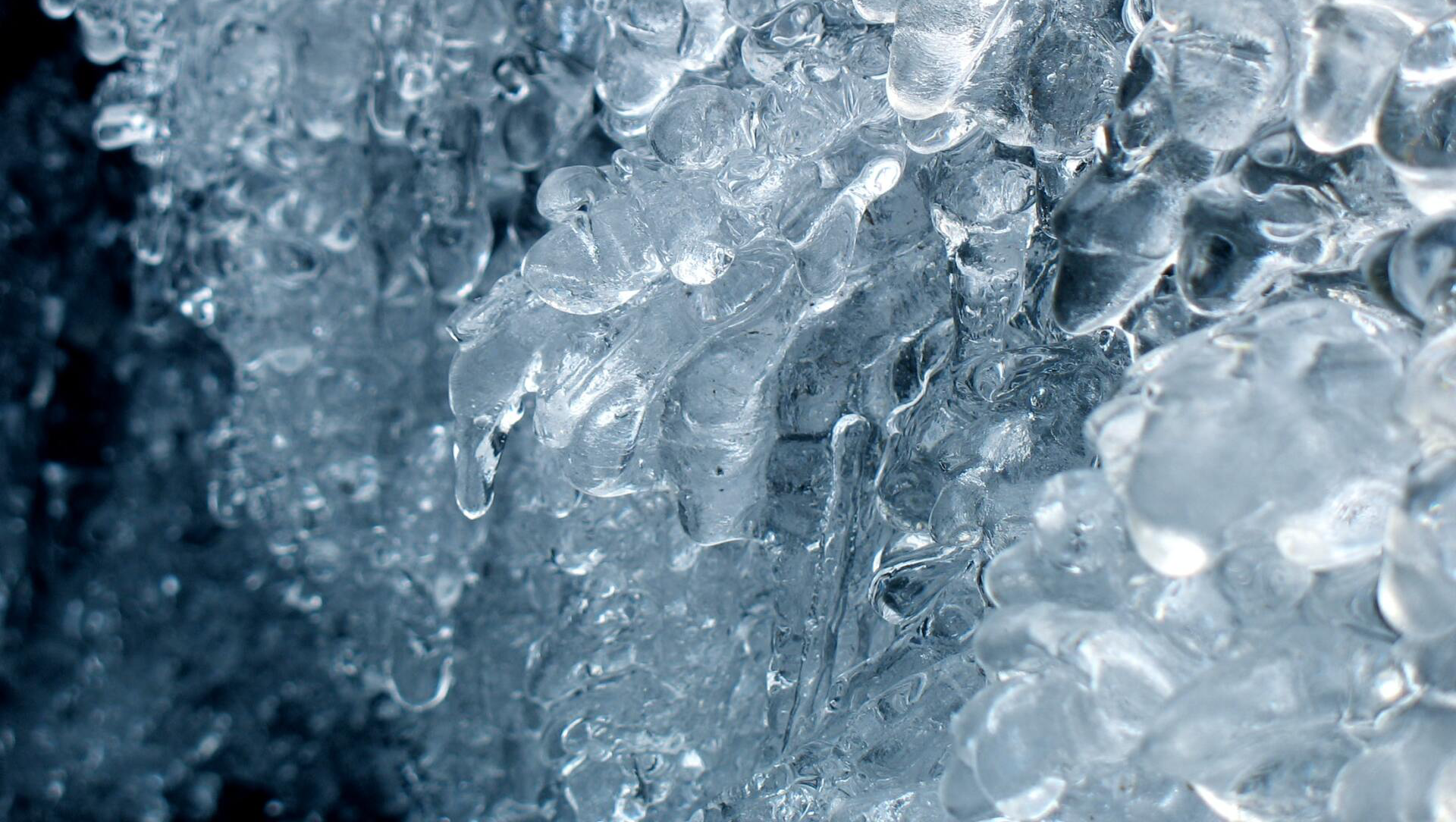
Pool owners in Alabama frequently associate closing their pools with installing a pool cover. While this is important, there is a lot more to closing your pool during the off-season. Pool pipes are one of the most crucial pool components that are often overlooked in the winterizing process. Many pool owners are seen bickering about their broken pipes when the swim season arrives rather than enjoying inside their poo
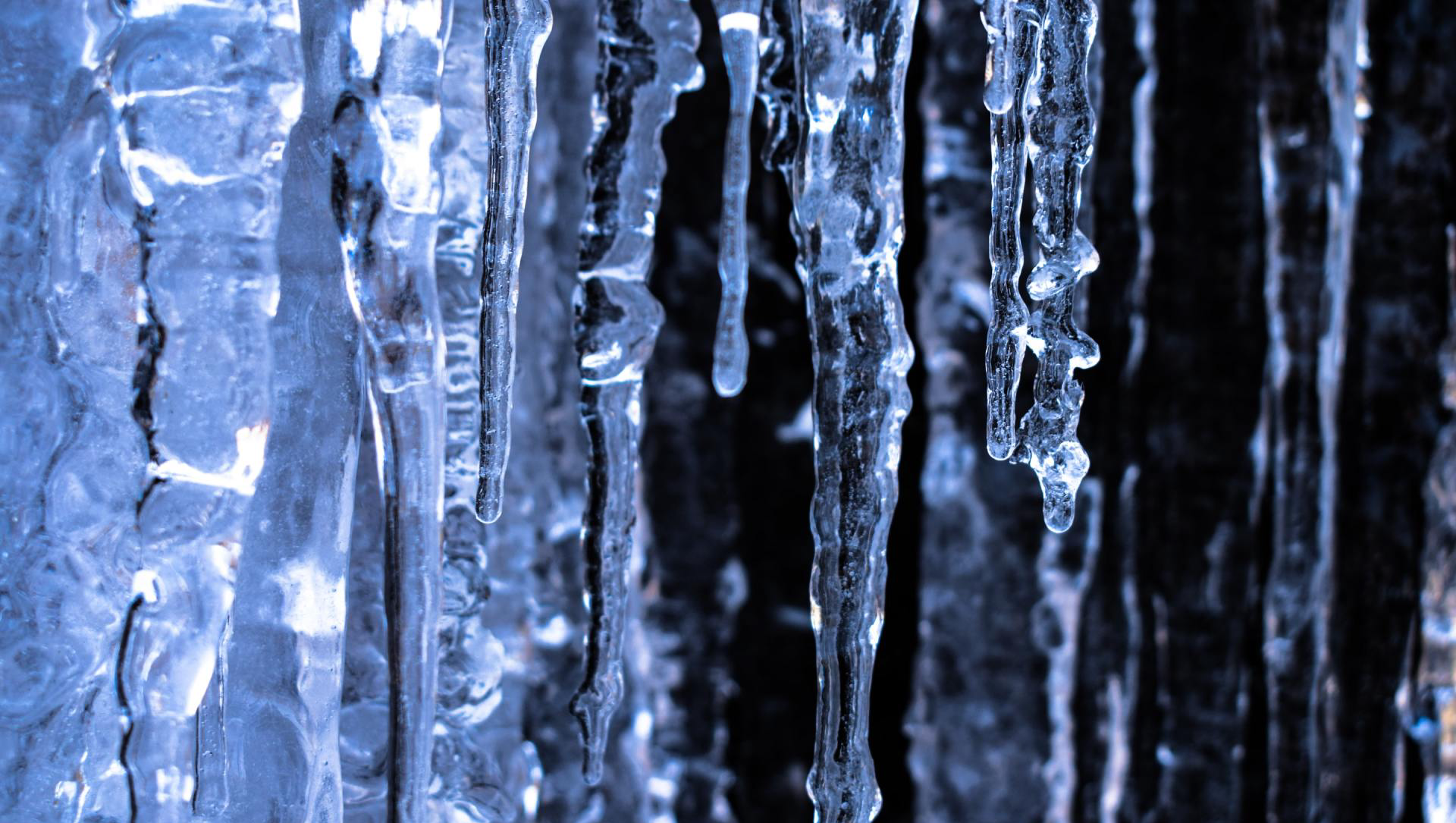
Everyone knows that when water freezes, it expands. Unfortunately, this phenomenon can damage your pool. The cold temperatures in Alabama can damage your pool and pool equipment unless you winterize or close it during the off-season. Pumps, filters, heaters, and pipes are particularly vulnerable to freeze damage.

Are you sad to see summer come to an end? We understand. After all, what could be better than lounging in the pool with a drink in your hand? Even though you will have to close your pool, winters in Alabama do not have to be boring! Keep in mind that you also have a hot tub. The winter months are ideal for relaxing in the hot tub’s steaming water. But, before we get to the fun part, there is some cleaning to do. You must open your hot tub for the spa season for it to function correctly.
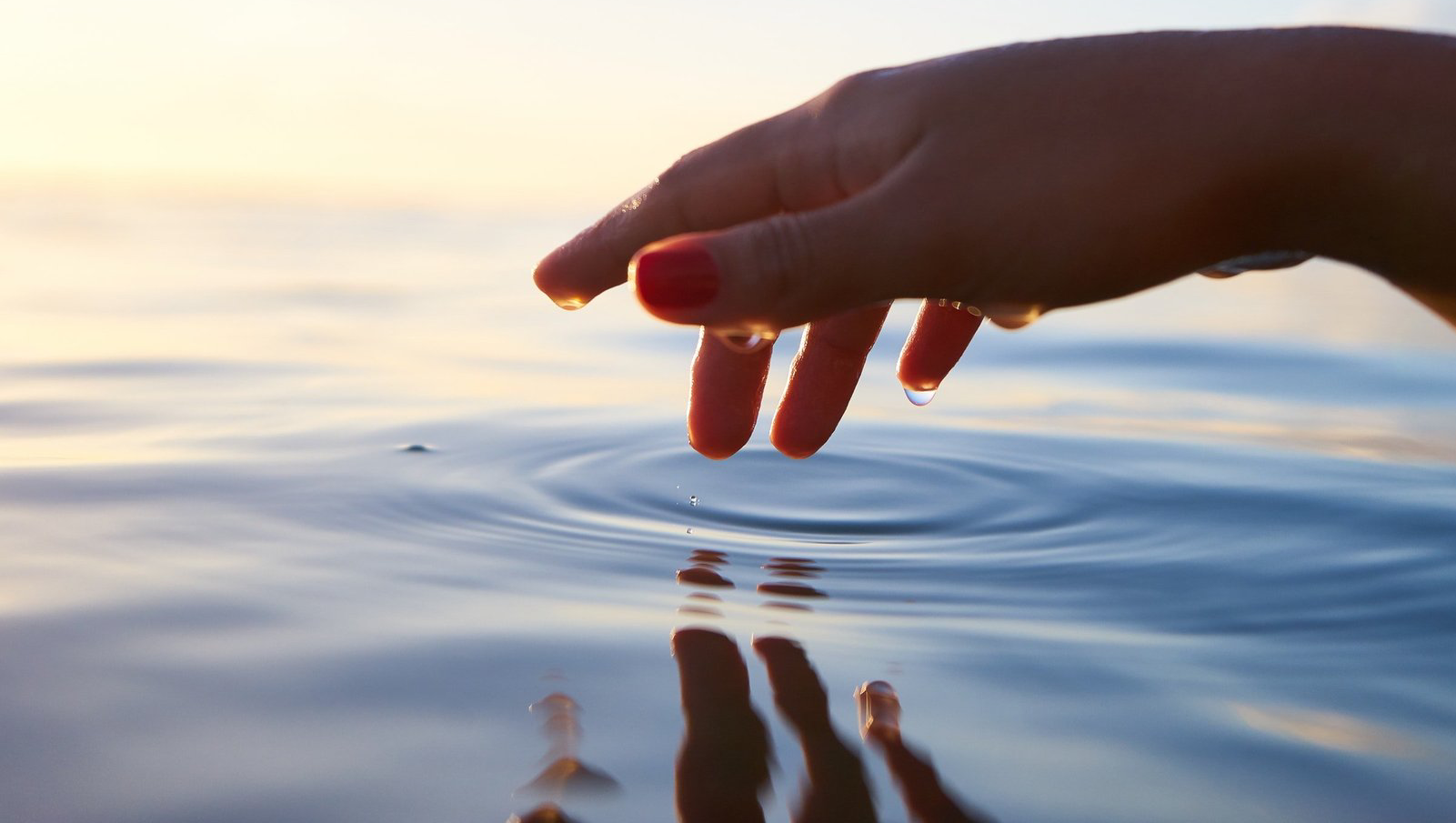
If you have invested in a hot tub, you will do everything to enhance its durability. The good thing is that keeping your hot tub in good shape is pretty simple. All you have to do is invest a smidge of your time for the optimum functioning of your hot tub. That said, no matter how protected your hot tub is, it might run into a few issues, just like any other appliance.

